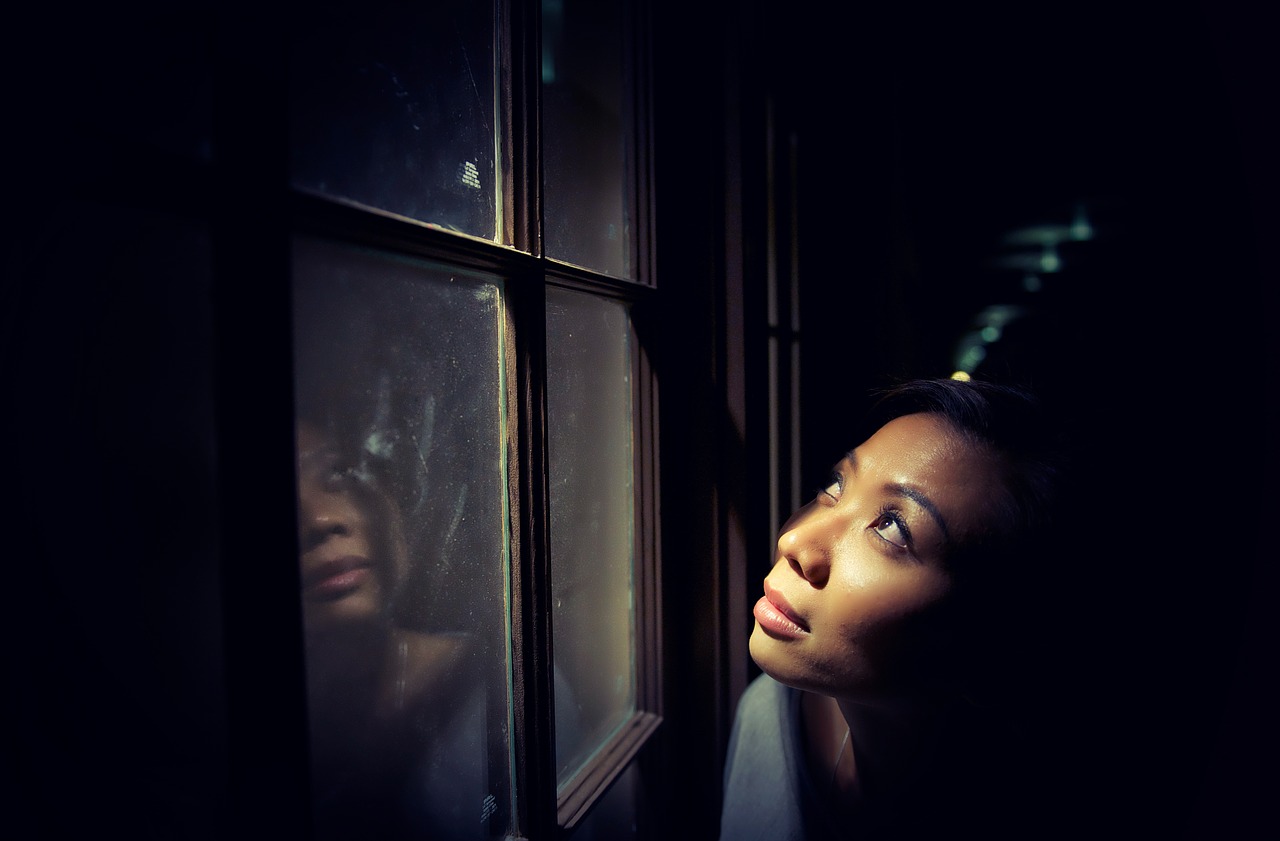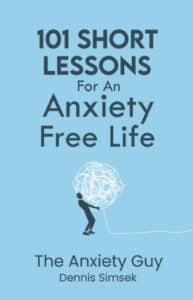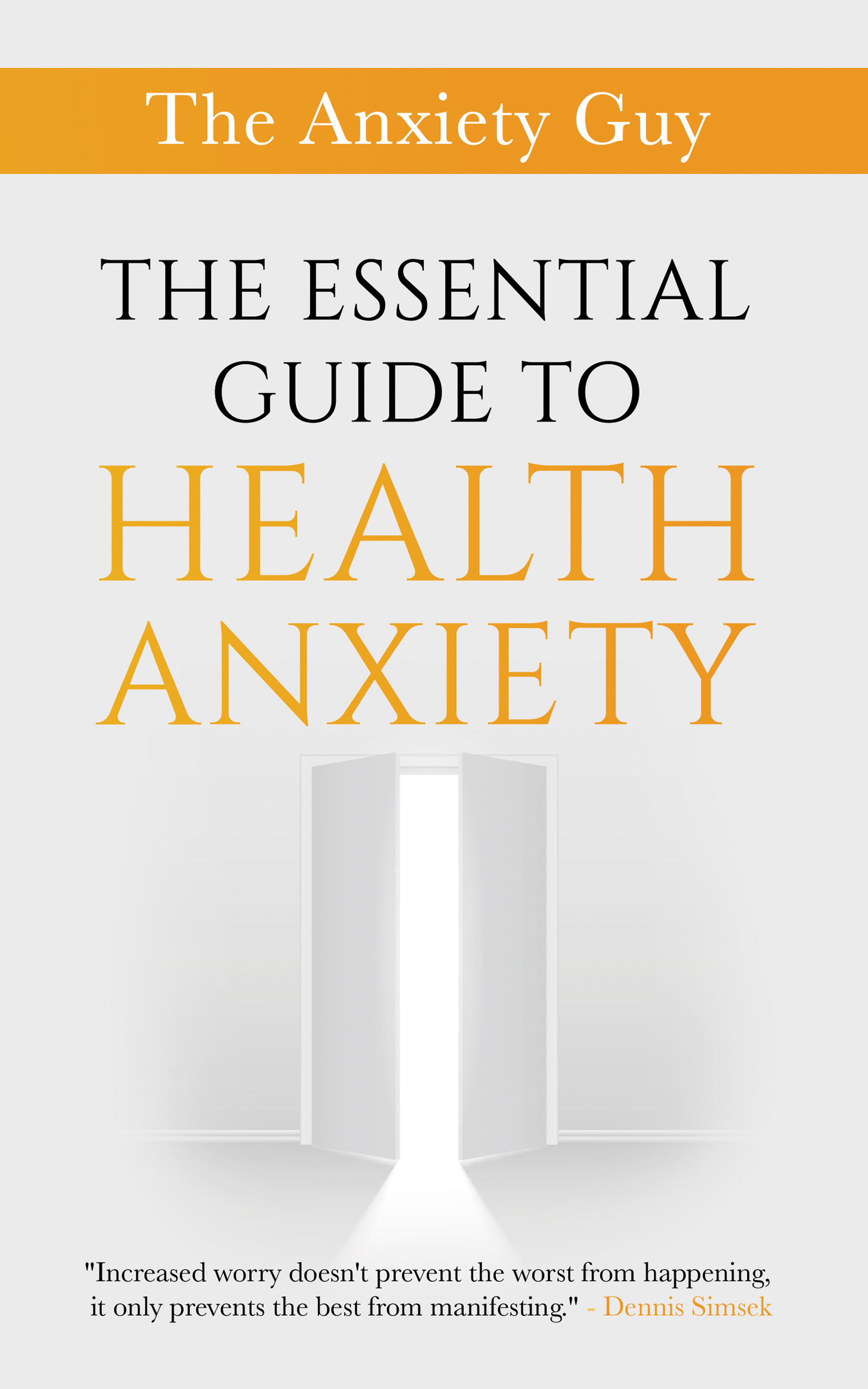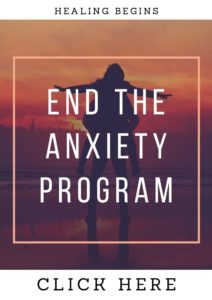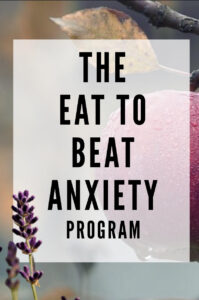The fear of being alone can emotionally cripple even the most strongly willed among us. A persons self doubt and self respect may begin plummeting as it begins affecting every area of their lives. This domino effect works also in a positive manner as it does a negative one. So remember that change in one area can drastically change others areas.
What Is The Fear Of Being Alone And Where Does It Come From?
At the deepest levels of the subconscious mind it’s a gateway to thinking that something catastrophic may occur along with a fear of separation. The process goes like this:
- The information is gathered and the body has an urge or feeling. This feeling is uncomfortable at first.
- The emotions automatically begin accompanying this initial feeling as our thinking brains weigh in on all that could go wrong.
- The feeling (reptile brain), the emotions (limbic system) and our thoughts (neo cortex) all begin working in harmony to prevent the worst from happening. In this case it’s being alone and so the words and actions of the person supports this movement.
The fear of being alone comes from external information (the beliefs of others, news, movies etc) and past personal experiences and traumas. The more emotionally intense an experience is the higher priority the subconscious mind gives it and the deeper it gets stored. So if you had even one traumatic event as a child the reminder around that event will show up through the initial feeling you get when faced with uncertainty.
Anxiety is exhausting
Especially when the mindset towards the fear of being alone is that of coping with it and applying willpower to getting through the event (my latest book on Amazon will help in this area greatly). It becomes tiring and the cycle never seems to release from fear to emotional neutrality. The end goal is to increase our disinterest towards this fear and increase the interest in what positives may show up instead.
Here’s how we can do it:
Solution #1) Change your inner relationship with it and all that shows up that’s connected to it.
To overcome any irrational fear we must build a new relationship with it. Fear must be turned into understanding. That understanding must lead to new perceptions over the experience. Remember, when you emotionally feel different towards something your perceptual filters also shift. So what was once a threat becomes an ally in the eyes of the subconscious mind body.
This is a physiological fear, tension, bodily stress etc. Which means that we must create a physiological shift in order to begin thinking differently about it. Slow your speed down upon realizing your fear of being alone in the moment. Speed dictates whether something is safe or not, the faster you talk, walk, drive etc the more threatening something is.
What you do with your body in the moment the fear of being alone arises is everything
Along with speed your facial expressions will shift, your breathing will become deepened, which opens up the flood gates to flexibility in thinking. This flexibility will allow you to see what you never could before. You’ll begin feeling like the light at the end of the tunnel is becoming brighter as you tap into the multitude of other thought options that may arise while being alone.
Solution #2) Accept it for what it is.
The fear of being alone is just that, nothing more. It’s a sensitivity to a future event, a discomfort, not a threat to your life. It’s an experience and one you’ve overcome many times over. The recognition of us making this fear greater than what it really is must be brought to our attention as we peel the onion of how we’ve compiled more and more threats around this idea that have never come true.
Acceptance of something is a bi-product of understanding something more deeply.
It’s the ability to no longer allow your bodily sensations to do your thinking for you, rather your thinking begins overtaking your bodily sensations and symptoms of the fear of being alone. A deeper look into it all will tap you back into the big picture, that is that this feeling is nothing more than a warning sign from the inner wounded child.
Watch the video below to understand your inner child better.
Solution #3) Let it go.
Remember the saying ‘if you love something let it go?’ Well the same response applies to the fear of being alone. Your subconscious mind body loves you unconditionally even though it doesn’t feel like that many times. Give the love back by thanking it for it’s signs of further future trauma and gradually let the fear go.
Survival based fears you were born with, irrational fears you learned along the way.
To let something go you must learn how to feel into it. When you feel the fear of being alone arising allow yourself to feel all that comes with it (body centered healing). Rather than fighting it feel into it 100%. Make friends with it, experience it, and in time you’re going to begin building a better relationship with this and other future irrational fears.
What is learned can certainly be unlearned. But we must work with the roots of these fears rather than stuff them aside and distract from them. This natural way of healing uses up less willpower and opens you up to greater wisdom. So lovingly let the fear of being alone go and take note of the lessons you learned along the way.
Conclusion:
What you focus on will determine what your emotional state is and which thoughts you give priority to. If we want the domino effect of positivity to move from one aspect of life to the other we must prove that we can take control of what we have control over.
What we have control over is our focus, what we do with our bodies, and the specific thoughts we entertain more than others. If others can overcome the fear of being alone so can you because you already know what doesn’t work. Look back on your previous reactions and habits and the path will be laid out for you.
Supercharge your anxiety recovery journey through the personalized guided meditations today.
Join over 100k Subscribers on YouTube today – CLICK HERE
More than 850 positive podcast reviews on The Anxiety Guy Podcast on Apple – CLICK HERE
Become a part of our active support group on Facebook for anxiety sufferers – CLICK HERE

